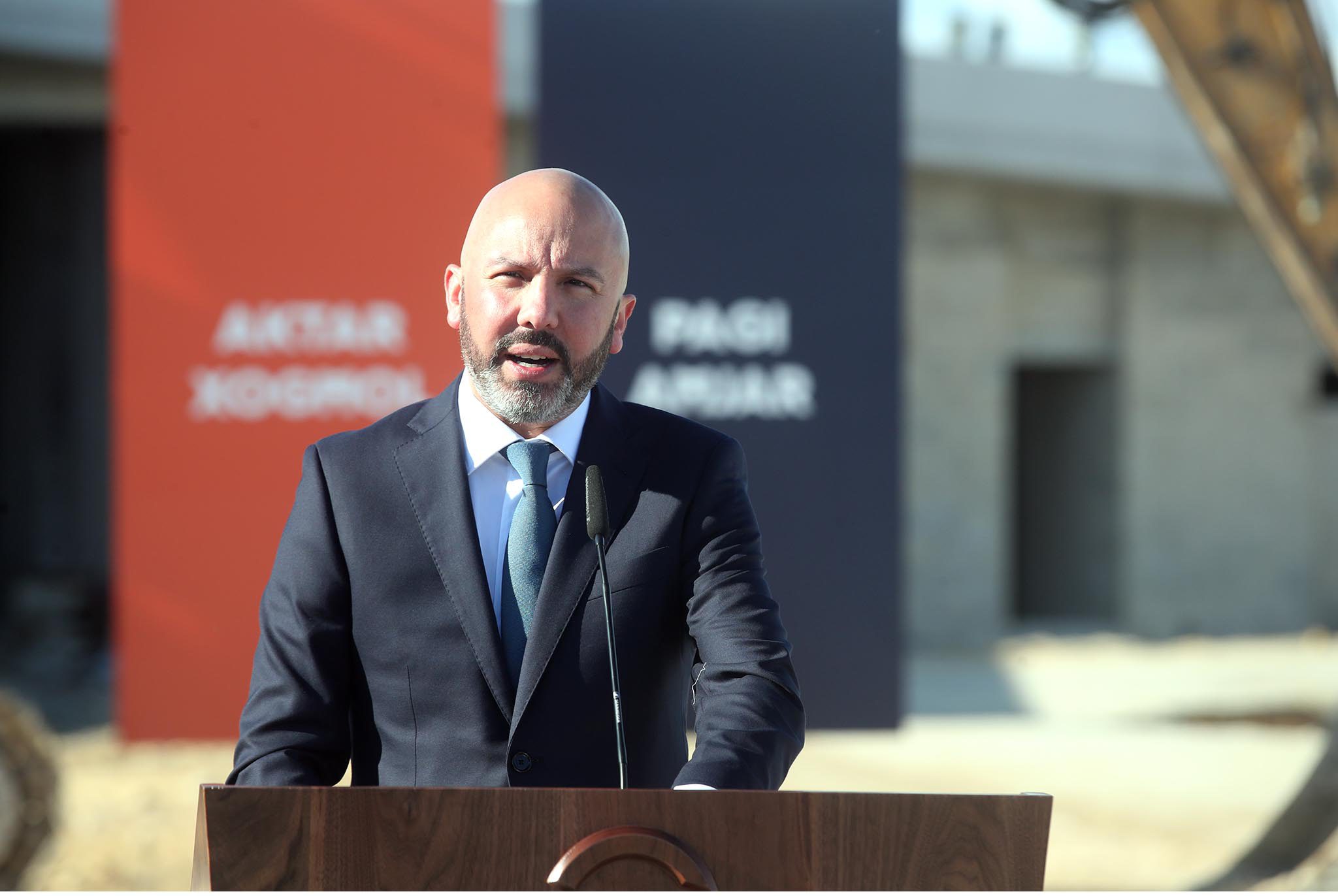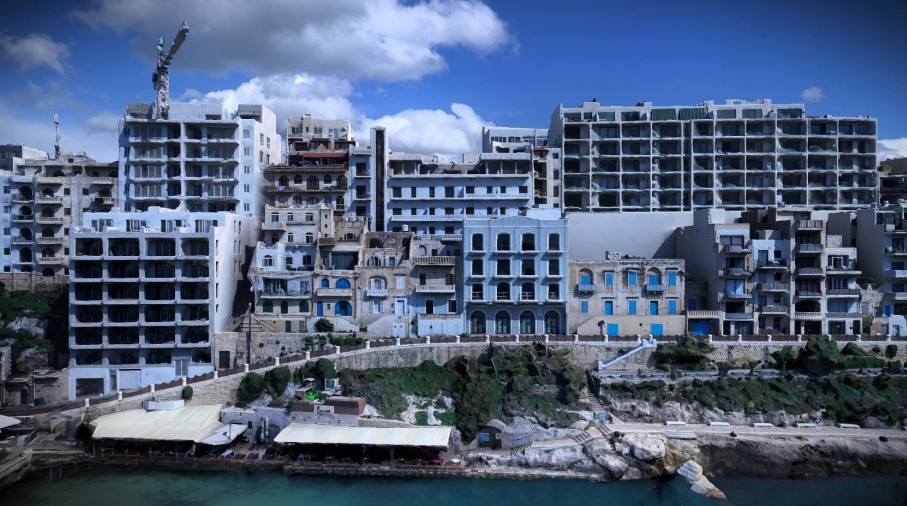The Malta Entertainment Industry and Arts Association (MEIA) is voicing serious concerns over ongoing delays in payments owed to creative professionals by various public entities, with a particular focus on the Malta Film Commission (MFC).
In a press statement issued on Tuesday morning (today), the MEIA said local film producers have been facing “unprecedented delays” in receiving promised funding and cash rebates, with some waiting months to pay their crews and service providers.
This situation has led to significant disruptions, pushing filmmakers to halt work or scramble to cover essential costs.
The MFC’s cash rebate scheme, which offers up to 40 per cent back on qualifying expenditures, is designed to attract international productions and boost the local economy. However, delayed payments directly undercut this purpose, putting the financial stability of local projects at risk, said the organisation.
The MEIA said it has resorted to appealing to the Ministry of Tourism to address these issues, leading to partial resolutions, with some members finally receiving payments for previously due funding.
However, “some [payments] remain pending and issues keep being raised,” it said.
“We have received complaints that emails are also being ignored. Industry insiders express concerns that these payment issues reflect deeper instability, raising critical questions about the Commission’s operational efficiency and financial management, as well as yet again lack of respect towards creative professionals.”
It continued: “While we appreciate the Ministry’s efforts in facilitating late payments to our members over the past month, we cannot accept that it takes such pressure for people to receive their due compensation. We have allowed sufficient time for this issue to be fully resolved, yet it persists.
“We must demand greater accountability to ensure our artists and professionals receive the support they deserve, free from systemic inefficiencies.”
The industry’s complaints about late payments are not limited to the Film Commission, with the MEIA reporting delays in compensation from other public entities as well.
“Delays in payment for services rendered and logistical support have also become increasingly common, with some waiting over four months for compensation. These delays significantly impact timelines and budgets, forcing professionals to absorb additional costs and creates stress on financial stability. The ramifications of late payments threaten not only individual projects but also the overall health of the creative sector. Such delays create an atmosphere of uncertainty that stifles productivity and leads to compromised projects or service quality.”
Adding to these issues, some creatives report receiving formal contracts only after beginning or completing work, raising ethical concerns and complicating financial planning.
The MEIA pointed out that without secure contractual obligations, professionals are unable to forecast income accurately or allocate resources for future projects.
As MEIA continues to advocate for structural reform, the association emphasised the need for clear payment timelines, enhanced communication with industry professionals, and “robust accountability measures” within public institutions.
“When funding mechanisms lack transparency and accountability, they erode trust between creative professionals and governmental bodies.”
The organisation concluded that despite the recent progress in addressing payment delays for members after sustained pressure on the Ministry of Tourism and Malta Film Commission, the current state of late payments from both MFC and other public entities continues.
“These inefficiencies not only disrupt project timelines but also place undue pressure on creative professionals. It is imperative that we confront these issues head-on across all public entities involved directly or indirectly with the creative sectors.”
The MEIA urged any member or non-member facing similar issues to contact it on admin@meia.org.mt.
Featured Image:
Malta Film Commissioner Johann Grech
Gozo business groups avoid direct comment on Portelli’s approved Xlendi ‘tower’
The development was approved yesterday
Cloudflare suffers second major outage in a month, knocking global platforms offline
The outage comes amid scheduled maintenance at Cloudflare’s Detroit data centre
New advisory group formed to address migrant labour challenges in Malta’s ride-hailing and delivery sectors
'Effective migration governance requires collective action'






